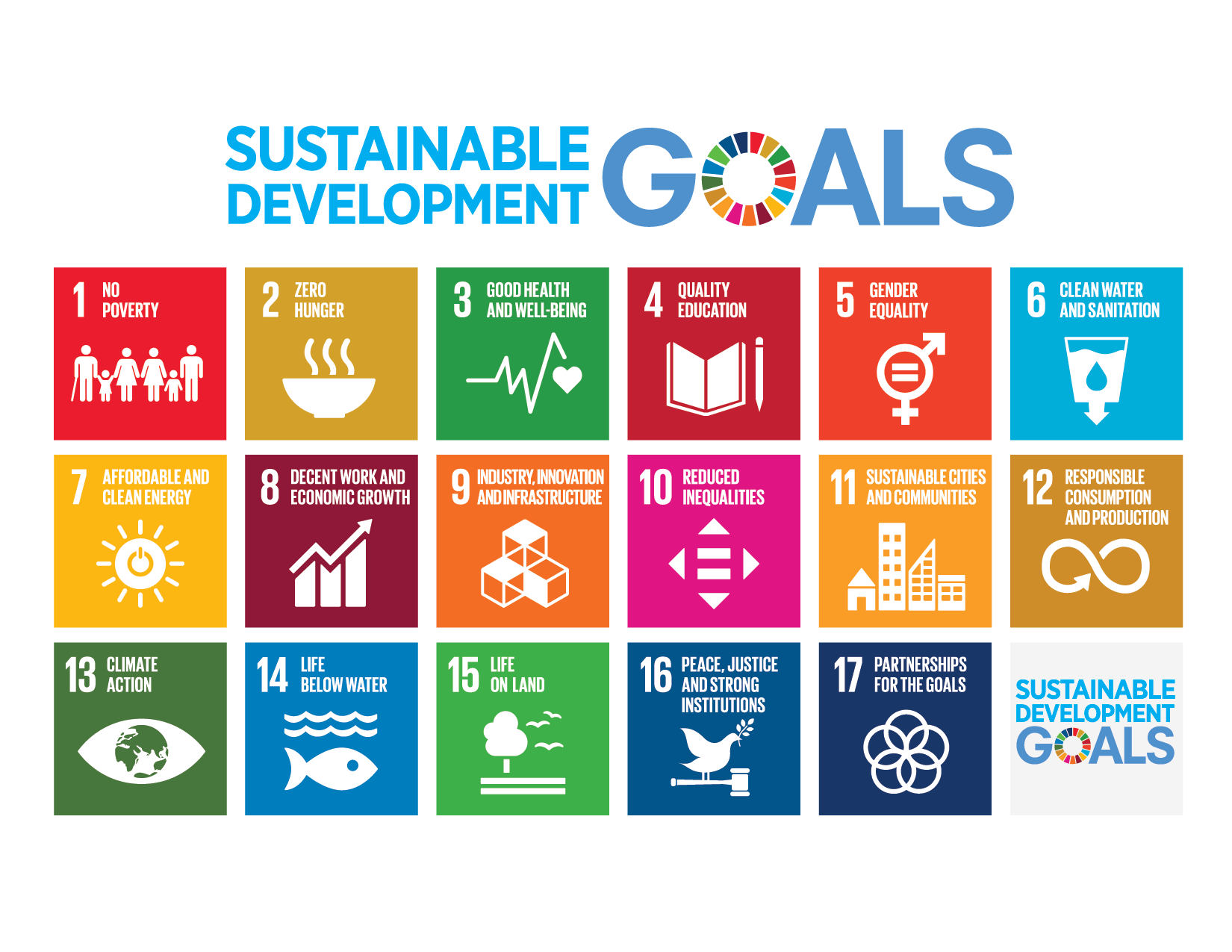KEKO9001 Integration and Management of Sustainable Development (10 ECTS)
Learning goals
In the course, perspectives of sustainable development and scientific information search and data interpretation skills are applied to the analysis of current topics. During the course, the student learns:
- to create collective expertise in cooperation with students from different faculties in the context of sustainable development.
- to develop new ways of thinking, visions or utopias, which are needed for activities aimed at sustainability transformation
- to know sustainable development as a political and normative concept and on the other hand as a scientific research object
- to examine various phenomena critically and reflectively from the perspectives of the environment, well-being, livelihood and eco-social civilization
- to identify dependencies between different aspects of sustainable development
- to manage the content production and schedules of a small-scale research project
- to learn in depth about one current phenomenon in terms of sustainability
- to understand one's own and others' strengths as an expert and as an actor in a team.
Contents
The course KEKO9001 is a mandatory part of the interdisciplinary Sustainable Development Studies KEKO (Minor, 25 credits).
KEKO9001 is a course based on interdisciplinary teamwork. It offers the student an in-depth experience of the different perspectives of sustainable development, as well as discussions and the search, combination and application of information with students from different fields.
The academic year-long course is based on investigative learning in small teams. At the beginning of the course, each team is given a topic, in connection with which the team works on project works. With the help of the lectures and the course readings, an understanding of the different dimensions and perspectives of sustainable development is created. In the team, the research questions of each project work are defined together, how to answer them is decided, tasks are divided, information is searched for and created, ideas and findings are discussed, and project work is worked on during the year.
Study method
The course is completed by participating in facilitated team meetings, self-directed team meetings, joint seminars, lectures and team project work. The project work consists of four co-written essays and a poster summarizing the Team’s most important insights (or another final work).
The number of absences from joint meetings is limited.
The student's final grade for the course is determined by
- the grades given by the teachers to the essays (40% of the final grade),
- peer evaluations that each student completes within their own team at the end of five periods (50%), and
- the grade that other team give to your own team's poster (10%).
Course unit methods
At the beginning of the course, students are divided into teams based on their main subjects so that the teams become as interdisciplinary as possible (3 Finnish-speaking teams for those taking a Finnish-language degree, an English-speaking team for those taking an English-language degree). A maximum of 10 students study in each team, supported by two expert teachers. These same teams work throughout the year.
The course includes 4–5 lectures (in English) common to all teams, as well as joint opening, intermediate and final seminars. During the course, the teams meet 9 times in a facilitated (teachers-lead) manner, for two hours at a time. There are two types of facilitated meetings: In the meeting at the beginning of each project work phase, sustainable development perspectives and the team's project work ideas are discussed. Each project work phase ends with a facilitated meeting where the completed essays and the process of making them are discussed. Working on the content of the project works takes place as self-directed team work in periods of 4 to 5 weeks between facilitated meetings, meeting about once a week (face-to face meetings or/and and using virtual platforms).
Each student in turn is responsible for leading the team's work and discusses the team's work plan with the teacher. Team leading responsibility can be carried out in pairs.
All course material can be found on the Moodle platform. Peer evaluations are carried out as Webropol surveys.
Learning material
Material to be shared in team meetings and Moodle.
Further information
There is a separate application for the KEKO study unit, which is open from the beginning of May to the beginning of September. More detailed information on annual application periods and more.
Assessment scale
0–5
Languages
Finnish, English
